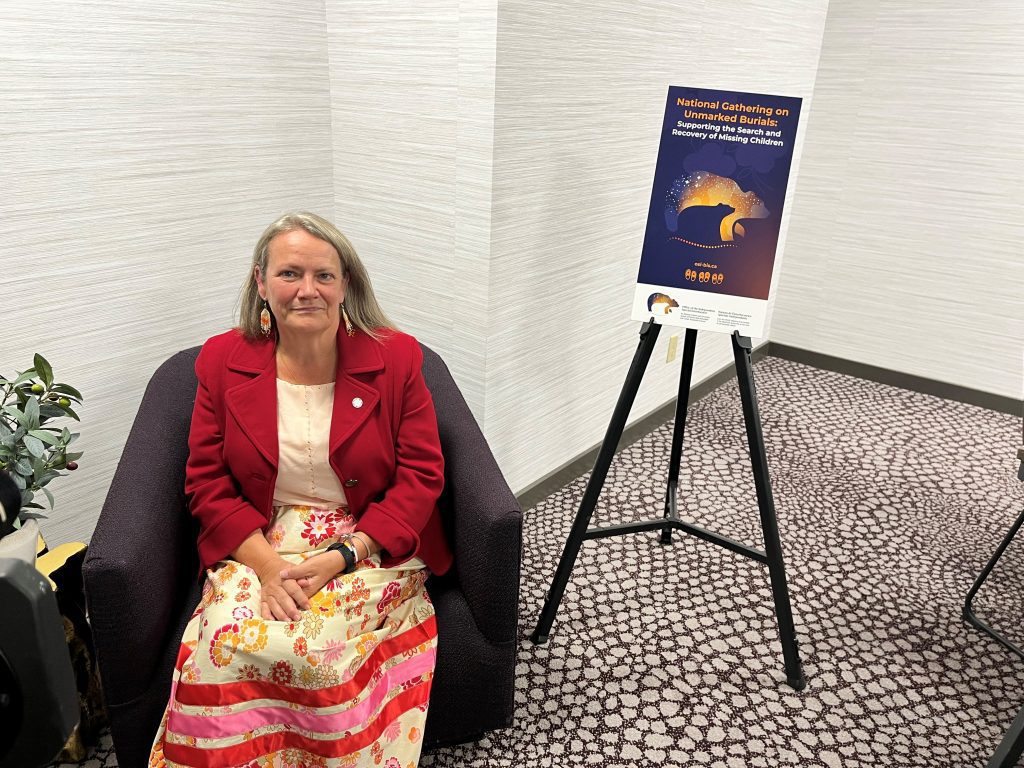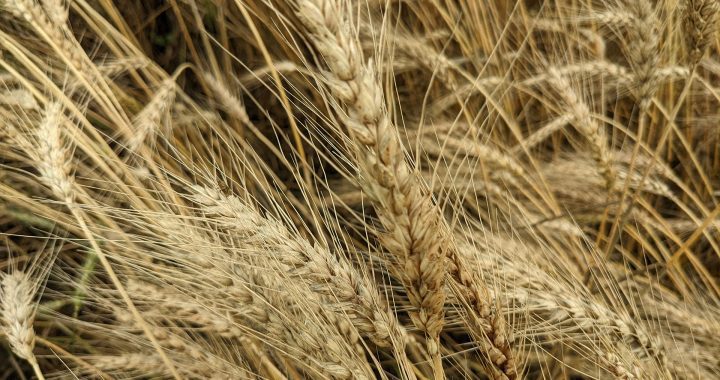The office of the Independent Special Interlocuter held sessions in Edmonton for the National Gathering on Missing Children and Unmarked Burials on Wednesday.
There were sessions held over two days from youth and elders as well as chiefs. The sessions opened with a pipe ceremony and sacred fire.
Martha Malliki, an Independent community researcher from Iqaluit, NU came to speak at one of the sessions.
She researches stories of missing children in the North. She showed pictures of Therese Ukaliannuk and their baby Alakaas.
Alakaas was four years old when she was taken from her family in the Igloolik and placed in a residential school in Chesterfield Inlet – 750 km to the south.
“The Catholic Church used to sweep the children from our homes and send them away on a floater plane,” explained Malliki.
Alakaas’s family went to collect her when the planes came back from the summer break but she was not on the plane. They did not know what had happened to her.
“For 53 years it was not known where she was,” said Malliki. Alakaas had contracted tuberculosis in Churchill, Man., and was sent to a larger hospital in Winnipeg. Eventually she ended up in Austin, Que., where she died.
Malliki, along with the family, researched her resting place and worked to have the site exhumed but she was placed with 60 other missing children in a large grave marked with a single cross.
“She only had her mother tongue so for those five years, she was alone,” said Malliki.
This is only one story of many for those who are affected by the legacy of residential schools, and the graves of children that are scattered across the country.
Edmonton is the first out of eight planned meetings. There will be sessions across Canada on topics such as Indigenous data sovereignty and Indigenous law.

At this event, there were panel discussions that featured the voices of survivor families and knowledge sharing panels.
The special interlocutor, Kimberly Murray, spoke to APTN News about the event and the two-year mandate that the office has.
They are working towards both interim and final reports with recommendations to the federal Minster of Justice and the Attorney General of Canada.
Murray says that over the last two days they have been hearing concerns over support for community and barriers to finding the grave sites of children who attended residential schools.
Some communities are being denied supports for wellness of members on their search teams. So that’s an immediate concern that that we need to address,” she said.
“People are really trying to learn where the records are and how to take ownership, control and possession of these records,” says Murray about the continued search for unmarked graves.
Murray said it’s important to her that people keep their focus on the search for missing children and those who never returned home.
“My role is to protect the children and their burial grounds, so I’m advocating for the children,” she said. “So I’m not advocating for the government, I’m not advocating for our First Nation – I’m advocating for the children. So if I think there’s a burial and something needs to be done, then I will do whatever I can within my mandate to do.”










